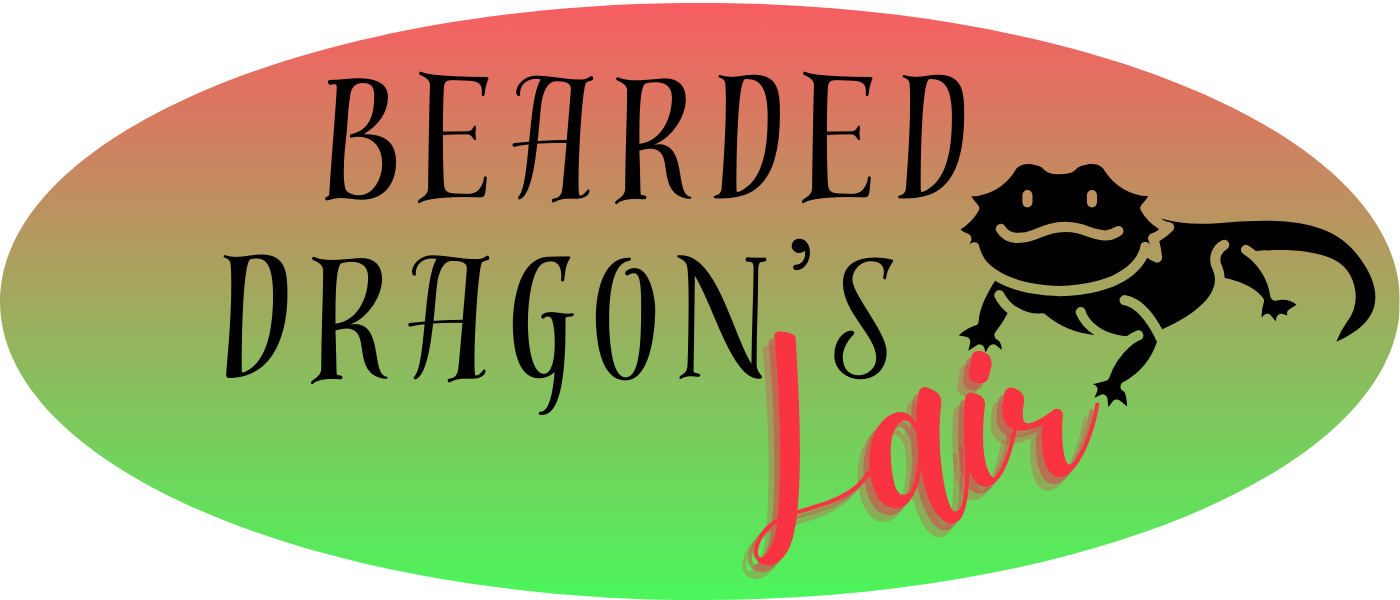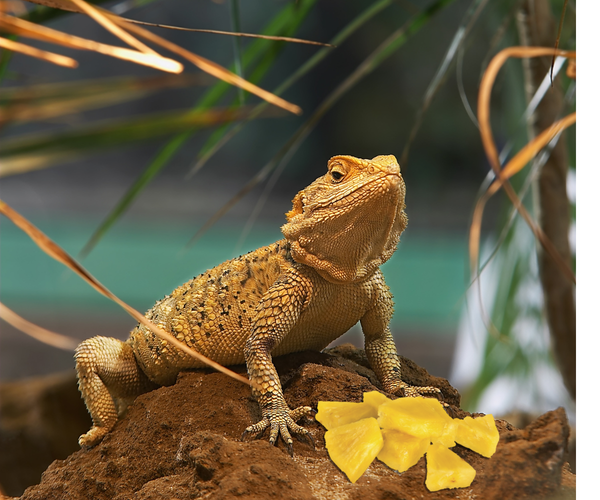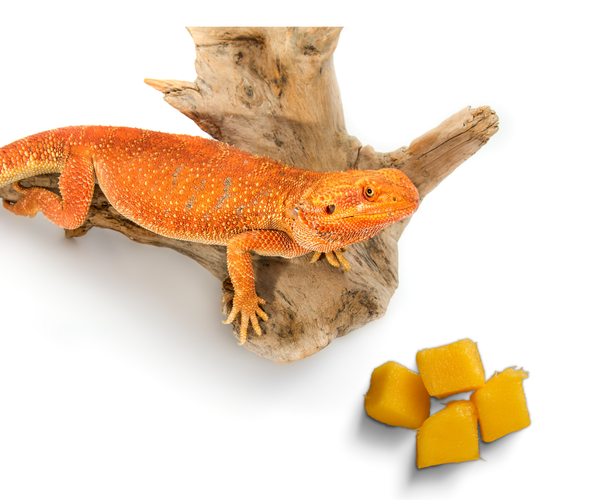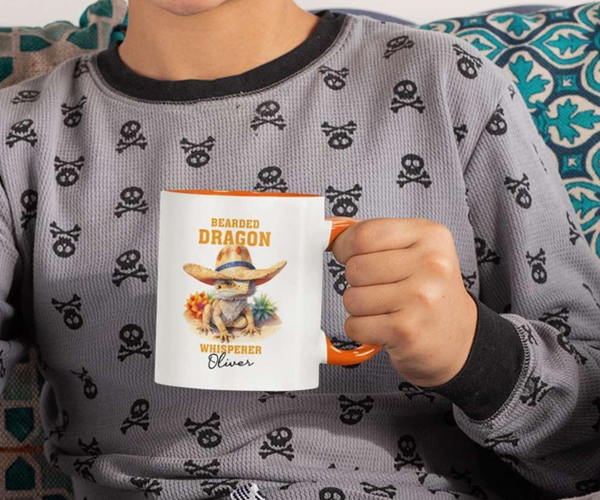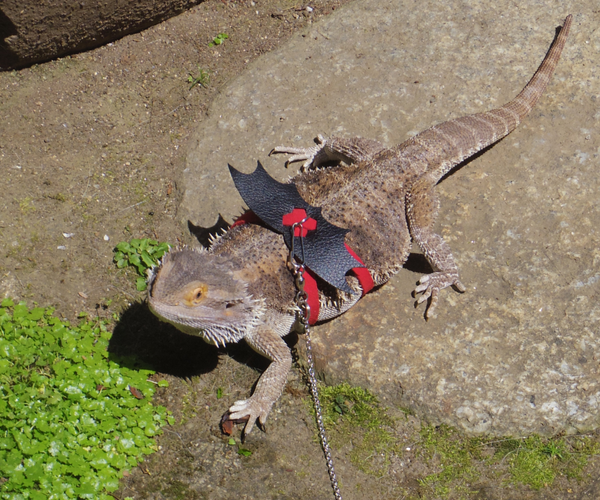Can Bearded Dragons Eat Corn?
Corn is high in phosphorus compared to calcium, which can lead to an imbalance in a bearded dragon's diet if fed excessively.
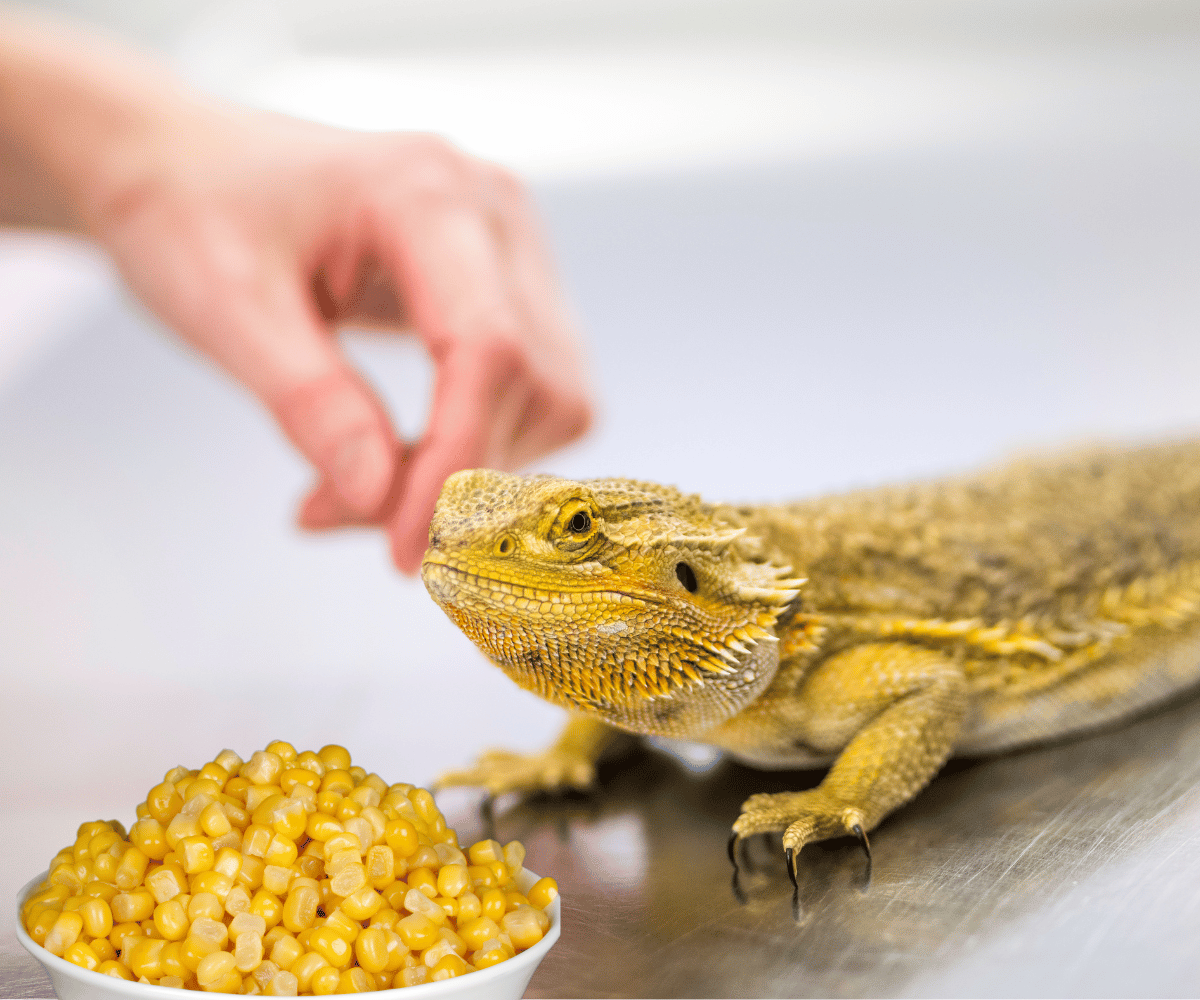
Bearded dragons are popular pets known for their docile nature and unique appearance. As a bearded dragon owner, understanding their dietary needs is crucial for their health and well-being. One common question among bearded dragon enthusiasts is whether these reptiles can eat corn. This article delves into the suitability of corn in a bearded dragon's diet, backed by expert insights and nutritional analysis.
Understanding Bearded Dragon Nutrition
Bearded dragons are omnivores, which means they require a balanced diet of both plant-based and animal-based foods. Their diet in the wild consists of a variety of insects, greens, fruits, and occasionally small rodents. In captivity, it's essential to replicate this diet as closely as possible to ensure they receive all the necessary nutrients for a healthy life.
Corn, as a vegetable, can be part of a bearded dragon's diet. However, it should not be a staple food due to its nutritional composition. Corn is high in phosphorus compared to calcium, which can lead to an imbalance in a bearded dragon's diet if fed excessively.
The Nutritional Profile of Corn
Corn is a cereal grain that is rich in carbohydrates and provides a moderate amount of dietary fiber, vitamins, and minerals. It contains vitamin A, B vitamins, and a small amount of vitamin C, which are beneficial for bearded dragons. However, corn also has a high ratio of phosphorus to calcium, which is not ideal for bearded dragons as it can hinder calcium absorption.
When considering corn for your bearded dragon, it's important to understand that while it can be a source of energy and some nutrients, it should only be a small part of their overall diet. The occasional serving of corn can add variety but should be balanced with other foods that are higher in calcium and lower in phosphorus.
Preparing Corn for Your Bearded Dragon
If you decide to feed corn to your bearded dragon, it's important to prepare it properly. Fresh corn is preferable over canned or processed corn, which can contain added salts and preservatives that are harmful to bearded dragons. The corn should be washed thoroughly to remove any pesticides or chemicals.
Once cleaned, the corn can be lightly steamed to soften it, making it easier for the bearded dragon to digest. It's crucial to let the corn cool down to room temperature before offering it to your pet to prevent any burns or discomfort.
Serving Size and Frequency
Moderation is key when incorporating corn into your bearded dragon's diet. A small amount of corn, such as a teaspoon of kernels, is sufficient for an adult bearded dragon. This can be offered once every week or two as part of a varied diet that includes other vegetables, fruits, and insects.
It's also important to chop the corn into small, manageable pieces to prevent choking hazards. Always observe your bearded dragon while they eat to ensure they are handling the food well and to avoid any potential digestive issues.
Potential Health Concerns
While corn is not toxic to bearded dragons, feeding it in large quantities or too frequently can lead to health problems. The high phosphorus content can interfere with calcium absorption, potentially leading to metabolic bone disease, a common and serious condition in captive bearded dragons.
Additionally, the carbohydrate content in corn can contribute to obesity if overfed. Bearded dragons require a balanced diet, and over-reliance on any single food item, including corn, can lead to nutritional deficiencies and health issues.
Alternative Vegetables to Corn
There are many other vegetables that are more suitable for bearded dragons than corn. Leafy greens such as collard greens, turnip greens, and mustard greens are excellent choices as they have a more favorable calcium to phosphorus ratio. Other vegetables like bell peppers, squash, and carrots can also be included in moderation to provide variety and additional nutrients.
When selecting vegetables for your bearded dragon, aim for those that are high in calcium and low in oxalates, which can bind to calcium and prevent its absorption. A diverse diet will help ensure that your bearded dragon gets a wide range of nutrients necessary for their health.
The Role of Insects in Their Diet
In addition to vegetables, insects are a crucial component of a bearded dragon's diet. They provide protein, fats, and other nutrients that bearded dragons need. Staple insects include crickets, dubia roaches, and mealworms, which should be gut-loaded (fed nutritious foods) before being offered to your pet.
Insects should be dusted with a calcium supplement to help correct the calcium to phosphorus imbalance that can occur with certain plant foods, including corn. This practice is especially important for growing juveniles and breeding females.
Monitoring Your Bearded Dragon's Health
Regular monitoring of your bearded dragon's health is essential, particularly when making changes to their diet. Signs of good health include active behavior, a good appetite, and regular shedding. If you notice any changes in these areas or symptoms such as lethargy, lack of appetite, or abnormal feces, consult a veterinarian experienced with reptiles.
Keeping a feeding log can help you track your bearded dragon's diet and ensure they are getting a balanced intake of nutrients. This can also be useful for your vet to assess if any health issues arise.
Summary
Corn can be a part of a bearded dragon's diet, but it should be offered in moderation due to its nutritional limitations. When feeding corn, ensure it is fresh, properly prepared, and served in small quantities as part of a varied diet. Always prioritize vegetables with a better calcium to phosphorus ratio and remember the importance of insects in providing essential nutrients. Monitoring your bearded dragon's health and dietary intake is crucial for their long-term well-being.
FAQ Section
Q: How often can I feed corn to my bearded dragon? A: Corn should be fed sparingly to bearded dragons, ideally no more than once every week or two as part of a varied diet.
Q: Can bearded dragons eat canned corn? A: It's best to avoid canned corn for bearded dragons due to added salts and preservatives. Fresh, properly prepared corn is a safer choice.
Q: What are some signs that my bearded dragon is not tolerating corn well? A: If your bearded dragon shows signs of digestive distress, such as diarrhea or constipation, after eating corn, it may not be tolerating it well. Consult a veterinarian if you notice any adverse reactions.
